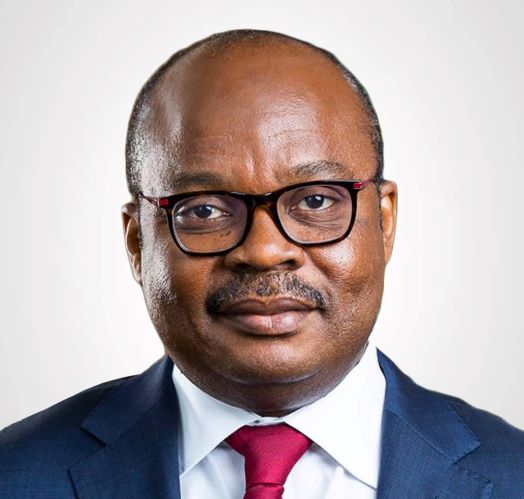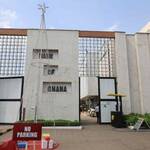The Bank of Ghana (BoG) has warned the public to desist from receiving loans from unlicensed loan providers and thus issued a list containing the names of such entities.
The BoG says the activities of these unauthorised loan providers are in contravention with the Banks and Specialised Deposit-Taking Institutions Act.
The list of the unlicensed entities in question includes SikaPurse Quick Online loan, 4Cedi Instant Mobile loan application, Zidisha Online Loans, GhanaLending Application, ChasteLoan Application, LoanClub Ghana Instant Loan 7. AdamfoPa Loan, MetaLending- Instant Cash Loan and Wohiasika Loan (Ghanaloan.net).
The rest are Boscafie Bosea Micro-Credit, Sikakasa Online Lending, LoanPro-digital and instant loan, SikaWura Loan Application, BegyeBosea Loan, LendingPapa – Online Loans, CrestCash Loan, Credxter – Loans and Hire-Purchase, MobiLoan Application and Cedi Now- Cash Loans Application,
In a statement, the BoG said it will soon crack the whip on these unlicensed loan providers whose activities pose threat to the banking sector.
“Bank of Ghana is taking steps to take action against these entities and hereby advises the general public to desist from doing business with all unlicensed loan providers,” the statement warned.
Preamble for the Legal and Regulatory Framework
The Bank of Ghana shall have overall supervisory and regulatory authority in all matters relating to banking and non-banking financial business with the purpose to achieve a sound, efficient banking system in the interest of depositors and other customers of these institutions and the economy as a whole.
The regulatory and legal framework within which banks, non-bank financial institutions as well as forex bureaux operate in Ghana are the following:
Bank of Ghana Act 2002, Act 612
Bank of Ghana (Amendment) Act, 2016 (Act 918) Banks and Specialised Deposit-Taking Institutions Act, 2016 (Act 930)
Non-Bank Financial Institutions Act, 2008 (Act 774)
Companies Act, 1963 (Act 179)
Bank of Ghana Notices /Directives / Circulars / Regulations
The Bank of Ghana is therefore, charged with the responsibility of ensuring that the financial system is stable to ensure that it serves as facilitator for wealth creation, economic growth and development.
The functions and responsibilities of the Central Bank as a Regulator are defined in Act 612 and Act 673 as follows:
To regulate, supervise and direct the banking system and credit system to ensure the smooth operation of a safe and sound banking system
To appoint an officer designated as the head of Banking Supervision Department, who shall be appointed by the Board
To consider and propose reforms of the laws relating to banking business
Consequently, the Central Bank exercises its mandate to ensure that:
Depositors’ funds are safe
The solvency, good quality assets, adequate liquidity and profitability of banks are maintained;
Adherence to statutory and regulatory requirements is enforced;
Fair competition among banks
The maintenance of an efficient payment system
In summary, the laws governing banking operations have provisions regarding licensing, withdrawal of license, and arrangement for examining and monitoring banks, powers, and duties as well as protection of the supervisor.
Finally, to enhance the legal and regulatory framework, the Bank of Ghana supervisory functions are designed to be consistent with the Basel Core Principles for Effective Banking Supervision.
After Independence, the new monetary authority, the Bank of Ghana, issued its own currency in the form of Ghana pounds, shillings and pence on 14th July, 1958. With that issue, the Bank of Ghana formally took over the issue of currency notes and coins from the WACB.
- Commonwealth lawyers demand reversal of CJ’s suspension - 10 May 2025
- Cedi to resume depreciation in late 2025, S&P warns - 10 May 2025
- Debt restructuring, IMF deal, gold surge propel Ghana to S&P Upgrade - 10 May 2025



